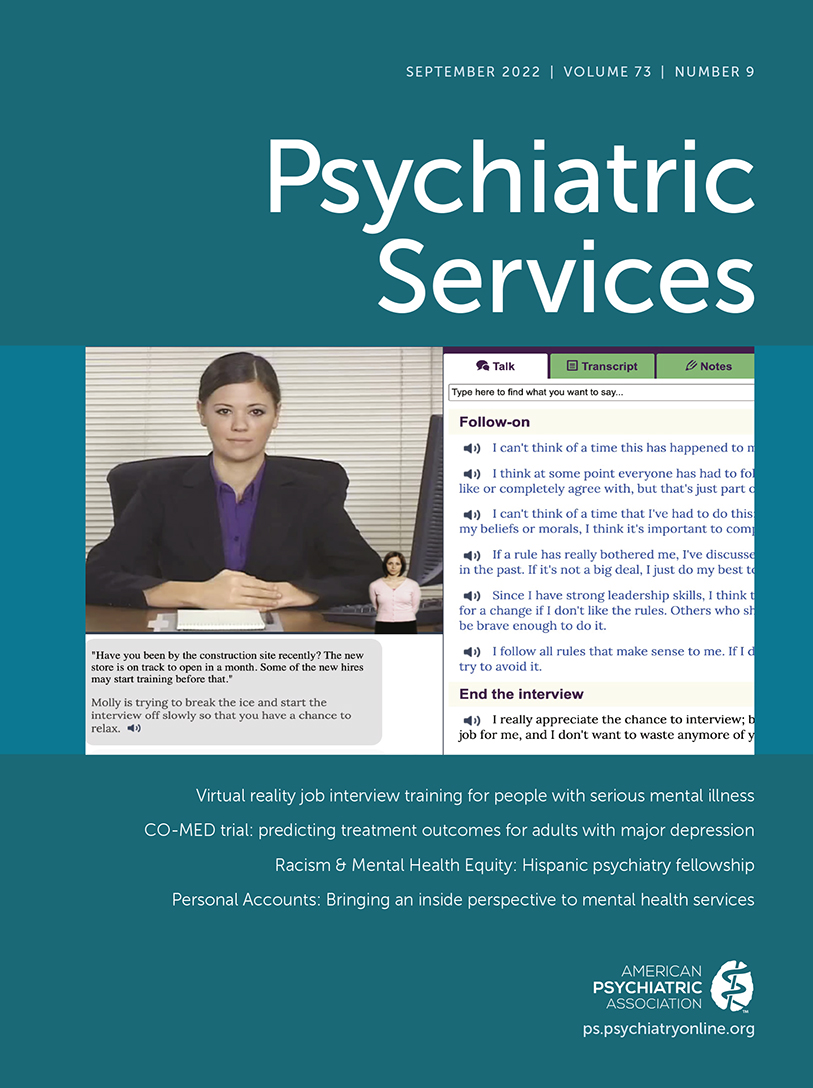The Promise of Digital Mental Health for LGBTQ+ Youths
Abstract
Lesbian, gay, bisexual, transgender, queer, plus (LGBTQ+) youths face increased risk for psychiatric morbidity, and the stress of being in a minority group drives this disparity. Affirmative treatments can improve mental health among LGBTQ+ youths, but barriers are encountered in accessing care. Digital mental health offers the opportunity to increase access, therefore potentially reducing mental health disparities. However, insufficient attention has been devoted to addressing the needs of LGBTQ+ youths through digital tools. In this column, the authors outline strategies to improve the inclusiveness of existing digital mental health content and to move toward equitable care with the development of new content.



